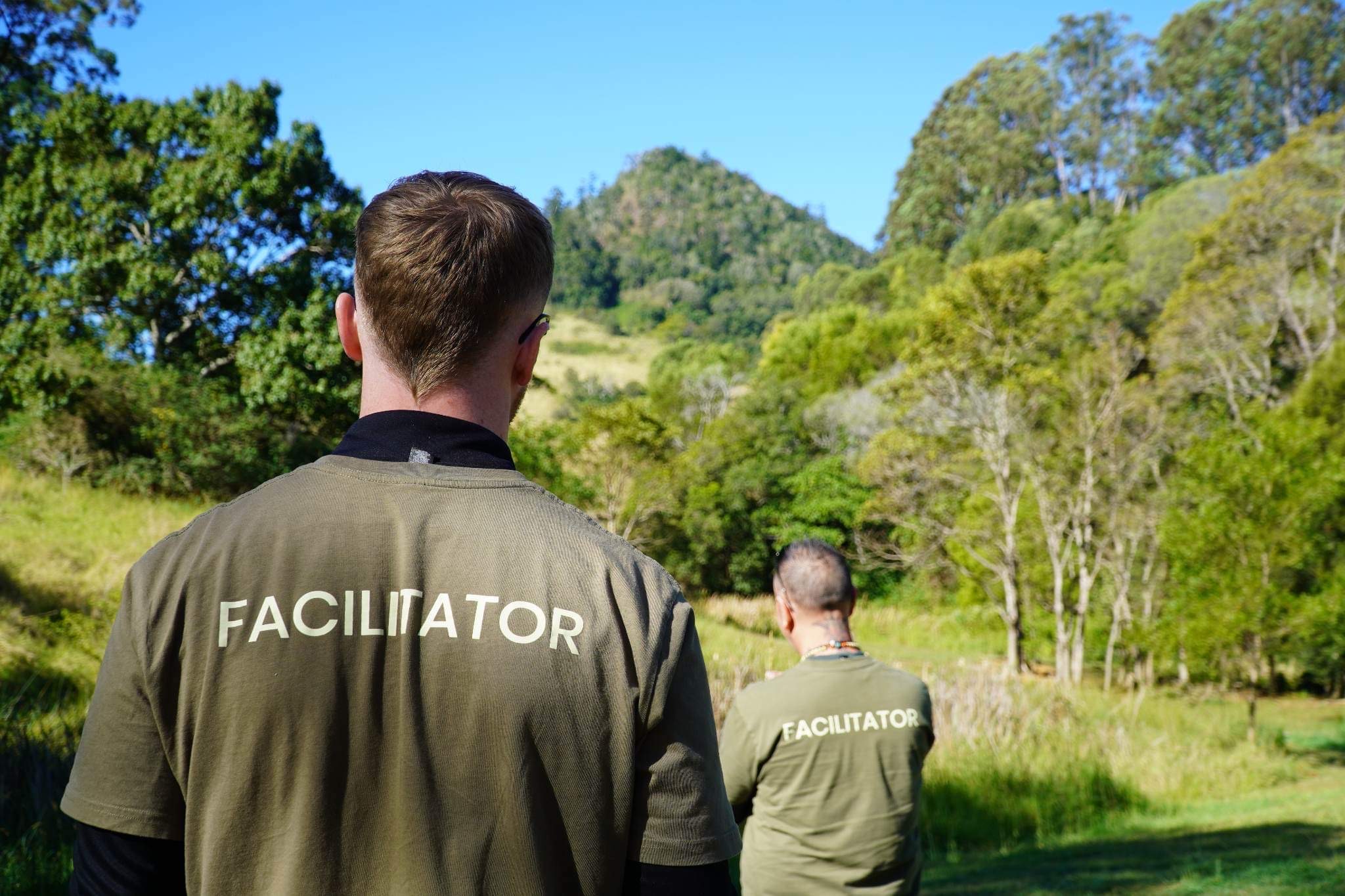
Nurturing the Journey: The Crucial Role of Correct Facilitation in Plant Medicine Ceremonies
Introduction:
Plant medicine ceremonies have gained significant popularity in recent years as powerful tools for healing, personal growth, and spiritual exploration. However, it is essential to recognize that the correct facilitation of these ceremonies is of utmost importance. The role of a skilled and knowledgeable facilitator cannot be overstated, as they hold the key to creating a safe and supportive container for participants. In this blog post, we delve into the significance of correct facilitation in plant medicine ceremonies and the profound impact it has on the overall experience and outcomes.
Creating a Safe and Sacred Space:
A skilled facilitator sets the stage by creating a safe and sacred space for participants to embark on their plant medicine journey. This includes selecting an appropriate location, establishing clear guidelines, and fostering an atmosphere of trust, respect, and confidentiality. The facilitator’s presence and demeanor play a crucial role in cultivating an environment where participants feel comfortable, supported, and able to fully surrender to the healing process.
Knowledge and Experience:
A competent facilitator possesses in-depth knowledge and experience in working with plant medicines. They have undergone thorough training, often guided by experienced mentors or indigenous traditions. Their understanding of the plants, their effects, contraindications, and potential challenges ensures the physical and emotional well-being of participants. This knowledge allows the facilitator to navigate the complexities of the experience, providing guidance, reassurance, and appropriate interventions when necessary.
Preparation and Integration:
Correct facilitation extends beyond the ceremony itself. A skilled facilitator invests time and effort in preparing participants for the journey, ensuring they have the necessary information, tools, and support to navigate the experience. They educate participants about the effects of the plant medicine, provide guidelines for preparation, and offer strategies for integration post-ceremony. The facilitator serves as a bridge between the ceremonial space and the participants’ daily lives, facilitating the integration of insights, emotions, and transformation into their everyday existence.
Emotional and Energetic Support:
Plant medicine ceremonies can evoke intense emotions and activate deep energetic processes within participants. A skilled facilitator holds space for the expression and release of emotions, providing emotional support, and helping individuals navigate challenging experiences. They employ various therapeutic techniques, including breathwork, bodywork, sound healing, and compassionate listening, to assist participants in processing and integrating their journey.
Cultural Respect and Ethical Considerations:
Correct facilitation encompasses cultural respect and ethical considerations. A responsible facilitator honors the cultural origins of the plant medicine, recognizes their indebtedness to indigenous traditions, and seeks to maintain the integrity of the sacred practices. They work in partnership and collaboration with indigenous communities, ensuring that their work is conducted with utmost respect, sensitivity, and reciprocity. Ethical facilitation also involves promoting sustainable practices, responsible sourcing of plant medicines, and contributing to the well-being of the local communities where these traditions originated.
Professionalism and Boundaries:
Lastly, correct facilitation entails professionalism and clear boundaries. A skilled facilitator maintains a professional demeanor, respecting the confidentiality, privacy, and individual journeys of participants. They establish clear boundaries, ensuring a healthy dynamic between facilitator and participant, and maintain appropriate relationships within the ceremonial context. Professional facilitation cultivates a sense of safety, trust, and integrity, allowing participants to fully engage in their healing journey.
Conclusion:
Correct facilitation in plant medicine ceremonies is of paramount importance, as it shapes the overall experience and outcomes for participants. A skilled facilitator creates a safe and sacred space, draws upon extensive knowledge and experience, and supports participants throughout the journey, from preparation to integration. They honor cultural traditions, maintain ethical practices, and demonstrate professionalism and clear boundaries. By recognizing and valuing the significance


Leave a comment